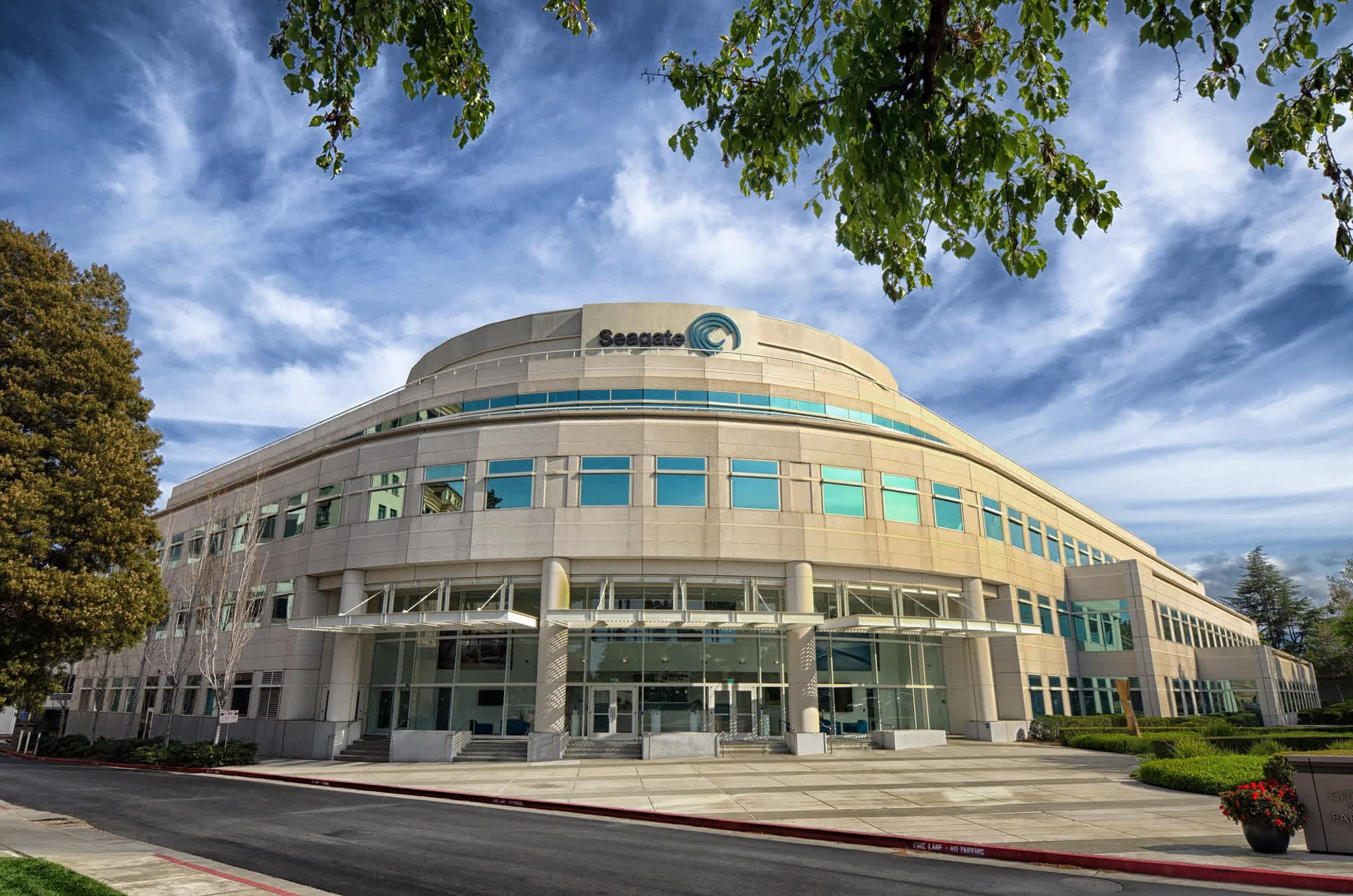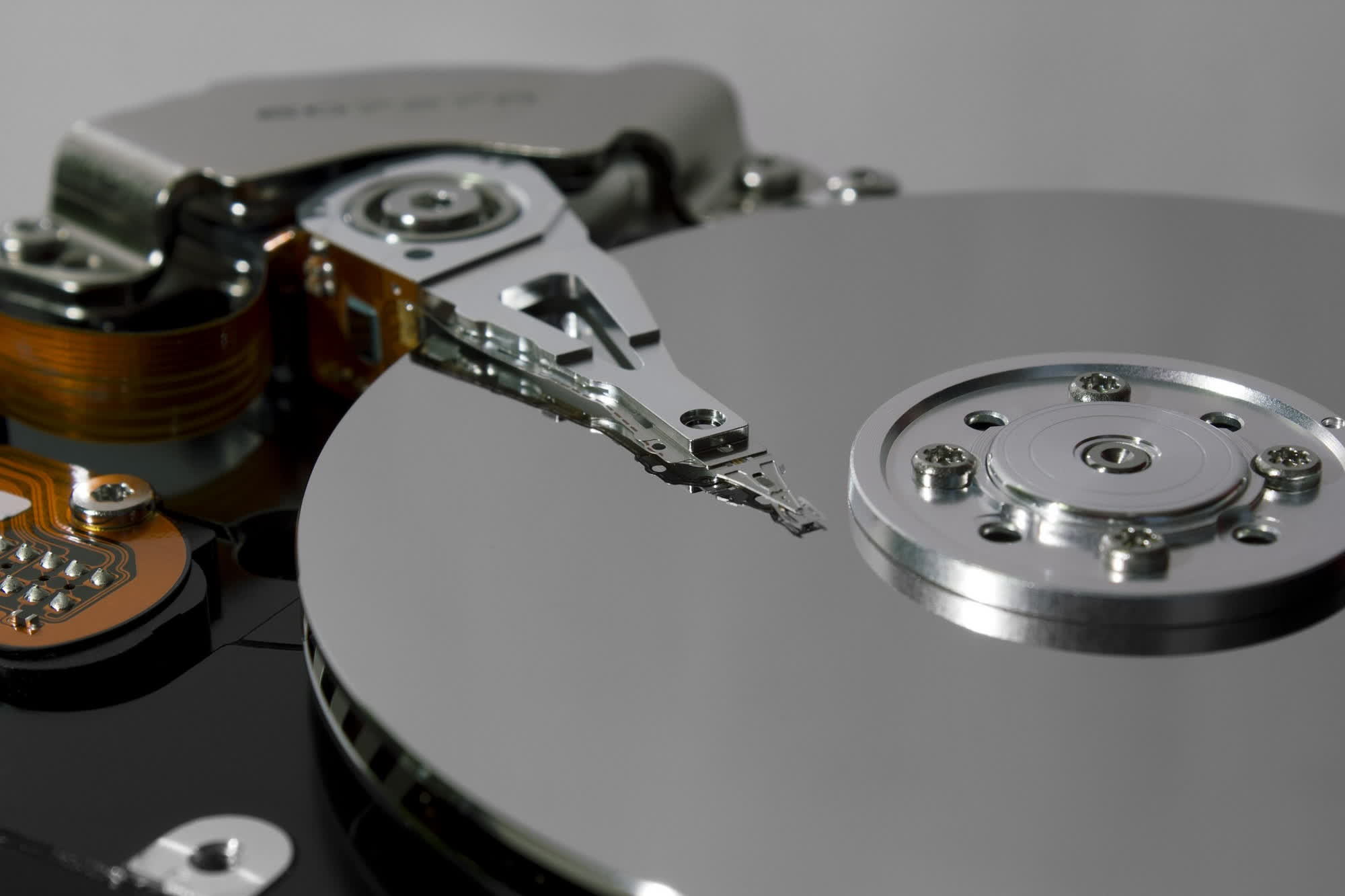Holy TB: Training and managing complex AI models requires not only significant computing power but also vast fleets of capable storage devices. Seagate plans to build a new AI-focused business around this need, developing new disk drives with unprecedented storage capacities in the not-so-distant future.
Seagate expects to launch a 100-terabyte hard disk drive by 2030, anticipating that AI companies will require such massive storage for their increasingly complex chatbots and generative AI services. According to B.S. Teh, who oversees Seagate's global commercial strategy development and operations, there will soon be considerable demand for extremely large drives based on proven magnetic storage technology.
Currently, Seagate's largest hard drive is the 36TB Exos M model, introduced earlier this year. The company has recently invested heavily in advancing HDD-based solutions to keep increasing storage capacity. Seagate is a major proponent of heat-assisted magnetic recording (HAMR), a technology that boosts data density by using a laser diode attached to each recording head to increase the number of bits stored on a magnetic surface.
Seagate is also pursuing additional breakthroughs, including NVMe-based HDDs aimed at significantly improving the reliability and sustainability of storage systems in enterprise and data center environments.

Like Nvidia and many other tech companies today, Seagate now brands itself as an "AI company," signaling where it believes the money is – or will be – in the coming years.
"A key element to enjoying surging revenues in the AI industry is providing the storage capacity AI companies need," Teh stated in a recent interview. "Nothing matches hard disk drives in meeting this growing demand." The 70-year-old HDD technology remains well-suited for the anticipated boom in AI data centers, even as analysts and NGOs raise concerns about the environmental and energy impacts of this trend.
The International Energy Agency estimates that a single ChatGPT query consumes up to 2.9 watt-hours of power, while a simple Google search is nearly 10 times more efficient. Seagate is addressing environmental concerns by focusing on factors it can influence through its business and manufacturing practices.
Newer hard disk drives are designed to either lower power consumption per terabyte or increase data density. As customers integrate these drives into their data centers, Teh suggested they will benefit from reduced space, energy, and resource requirements. Additionally, Seagate is working to reduce the environmental footprint of its manufacturing plants by incorporating renewable energy sources.
